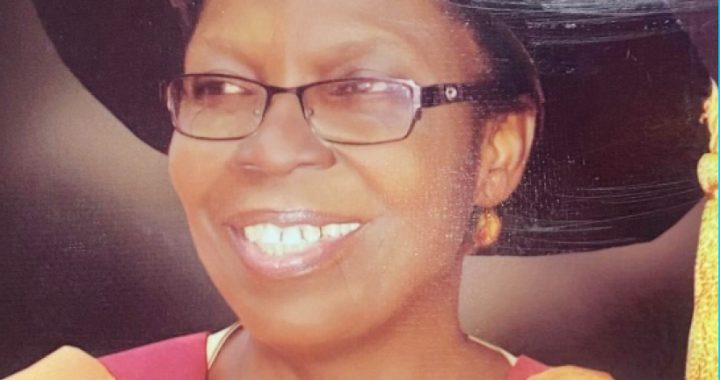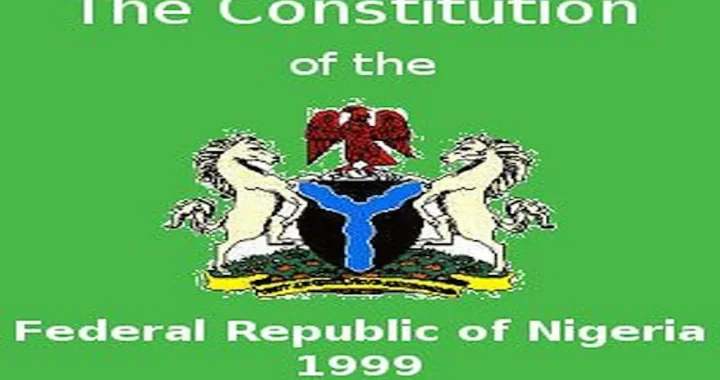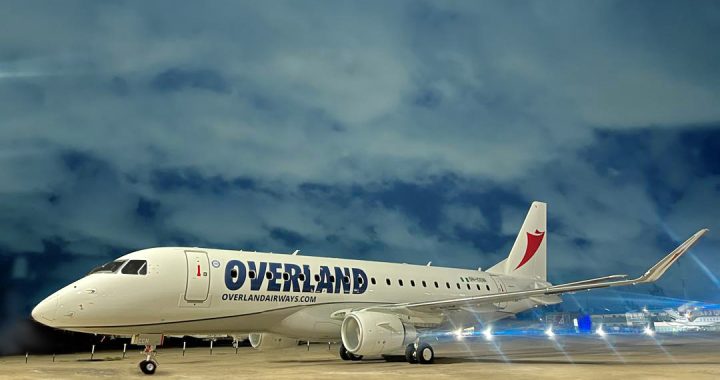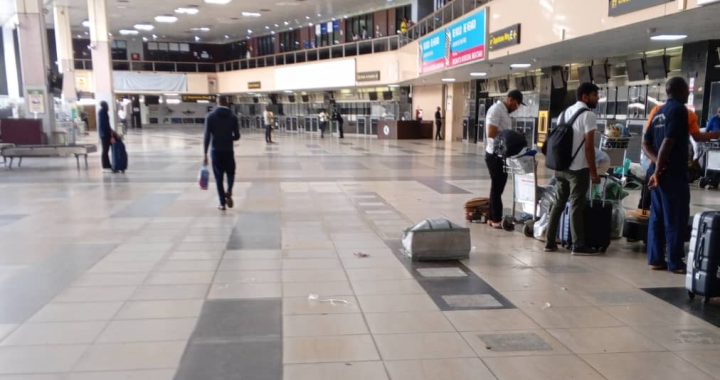PURPORTED AIR FARE INCREASE: A corollary from delayed repatriation of sales proceeds- Adenike Macaulay
6 min read
Mrs. Adenike Macaulay, Chief Executive Officer, Wakanow
*** Foreign airlines have not increased airfare
*** Weakened local currency- Naira- requiring more money to buy a few US Dollars, USD, created an artificial fare increase
*** Bilateral Air Services Agreement, BASA, compelled airlines to sell in Naira, and also compelled the state, Federal Government of Nigeria, FGN, to grant repatriation of sales proceeds at IATA’s given forex rate unfettered
*** Closure of inventory of low ticket fares is to hedge losses against already trapped funds
*** Available high-fare rate inventory is to accommodate the volatility of the local currency at the foreign exchange market.
*** Should airlines which at best make 5 percent profit, start losing 40 percent or more of their sales proceeds to the devaluation of local currency, their Nunc dimittis may be imminent
The inability of the federal government of Nigeria, FGN, to honor the terms of a trade treaty as enshrined in the Bilateral Air Services Agreement, BASA, has brought untold hardship to passengers, especially to international air travelers.
The hardship is occasioned by the international airlines’ subtle reaction to the inability of the Central Bank of Nigeria, CBN, to effect as and when due, repatriation of the airlines’ ticket sales proceeds with the apex bank, CBN.
According to an explanation by Mrs. Adenike Macaulay, the Chief Executive Officer, Wakanow, she narrated while fielding questions on a Channels tv program that, the $753million USD yet to be repatriated would daily be losing its value as a result of the exchange rate volatility of the Naira to the major denominator currency of the airlines, the United States Dollar, USD.
Mrs. Macaulay said the BASA agreement from Nigeria’s perspective compelled airlines to sell tickets in local currency, NAIRA, and also made it imperative for the proceeds of their sales to be repatriated unfettered, and at an exchange rate as fixed by the International Air Transport Association, IATA.

Macaulay said when the airlines for a very long time were not able to repatriate their sales proceeds at the official exchange rate, and an attempt to explore the I&E window and that of the parallel market, stared them with potential colossal losses due to the free fall of the Naira at the forex market.
This factor she said, informed the closure of some low-hanging inventories in ticket sales, and the inventories of a high fare rate were found robust enough to absorb shocks from the Naira slides against major currencies, especially the USD.
She outrightly debunked the widespread claim making the rounds that the international airlines had increased their fares saying it was the Naira devaluation that forced the requirement for more Naira to buy very few dollars hence, the wrong notion and unfounded rumor of fare increase rented the air like a wild bushfire.
The Wakanow Chief Executive, whose firm is a major travel tech for individual, and group travelers, including the provision of tailor-made hospitality services, said losses the international airlines had severally and collectively incurred from sales of low-cost fares, left them with no option but to close such low inventories on the Nigeria market in the interim.
The Wakanow Chief Executive who left her footprint in Lufthansa for her present task to further drive growth and make a more global impact in assisting air travelers experience hassles free flight bookings, air connectivity, and hotel reservations among others, further elucidated that, anyone buying an international airline ticket with the dollar, USD, or with the British Pound Sterling, BPS, would unequivocally realize that the airlines’ ticket fares have not increased but the purchase of the same ticket fare with a currency daily on the downward slide, would ostensibly require more of the local currency to buy a ticket of the same value. Hence the hues and cries of increased fare.
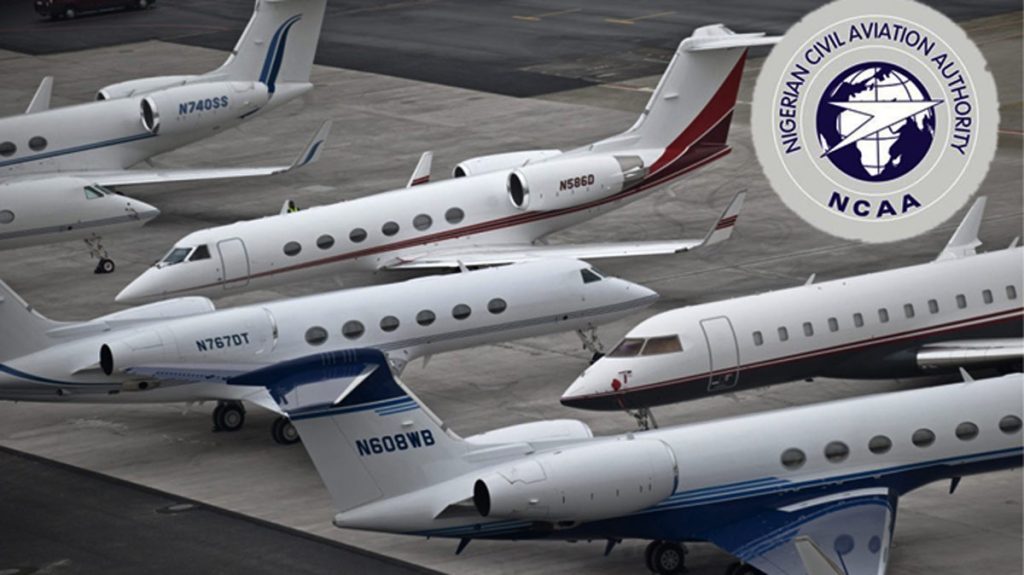
For a layman to comprehend, Mrs. Macaulay illustrated with a ticket sold at $1000 about three years ago perhaps when the exchange rate of one United States Dollar, 1USD, to the local currency, Naira, was about N300/N350. A passenger was then required to pay N350,000.00. She said when that same ticket of $1000 is to be purchased now, about N740,00.00k would be required to purchase the same ticket whose fare remains the same 1,000USD. But the slide in the local currency she identified as the bane of the burden to Nigerian travelers since several hundreds of Naira is now needed to buy 1 USD, she explained.
While on the flip side, she said those with access to strong and more stable currencies would buy, and most especially without sighing because the airfare in the absolute term had not changed nor increased because their unit of exchange waivered not with every manner of wind.
This lucid explanation revealed in an unambiguous term that the inadequacy of efficient and effective management of the nation’s monetary policy and by extension the national economy, have sentenced Nigerians to hardship and agony. While the transportation sector is contending with the pains but air travelers, especially international travelers are extremely burdened by this trend.
Macaulay further explained the rationale for closure of the lower inventory thus, “it is to mitigate against the risk of further currency devaluation and not to increase fares but to restrict access to the low ticket inventories in the Nigeria market”, she said.
She also narrated that by the removal of low ticket fares, the “airlines have just hedged their funds against the impending risk of having them trapped for an unknown period of time”
Adenike Macaulay succinctly brought home the unwarranted losses inflicted on the airlines for no fault of theirs but from the way and manner the Nigerian economy is being managed.

She educated her viewers that both the letters and the spirit of BASA bind airlines to sell tickets at a given rate and also bind the Nigerian government to make forex available to the airlines at the agreed rate.
Failure by the state to provide forex at the agreed rate she noted, often imposes losses on the airlines. And if the repatriation of the proceeds from their sales was delayed, or even forced airlines to turn to other windows such as the I&E or parallel market of forex in repatriating their proceeds, losses were recorded on revenue already made.
Wakanow CEO in her spirited explanations cited recent development to buttress her point by highlighting the gap between the IATA rate of N462 to $1 while the parallel market was even over N750.
She said any transaction done by the airlines on the parallel market or on the I&E window would translate to instant loss, and added that even after the adjustment by IATA to N551 to 1USD, and the parallel market was N750, It merely reduced the gap but not closed it, she averred.
She reasoned that the reduced percentage loss due to the Naira exchange rate volatility would be too much of a burden to bear for the airlines whose entire profit margin hovers between 4 and 5 percent.

Consequently, Mrs. Macaulay opined that “operating in a market where about 40% to 60% of the value of international airlines’ ticket sales could just be wiped out, then they just had to make a decision to hedge against the risk hence, they reduce access to low ticket inventory”
Without equivocation, the government of the day holds the aces to reduce or entirely remove the present burden from the generality of the citizenry including air travelers.
Good, and well-thought-out economic policy, coupled with the discipline to follow through will end the ongoing hullabaloo about the trapped airlines’ sales proceeds.
MEET MRS ADENIKE MACAULAY
Mrs. Adenike Macaulay is the Chief Executive Officer of Wakanow Nigeria.
Prior to joining Wakanow, she was the General Manager of Sales in Nigeria & Equatorial Guinea, for Lufthansa Group, and the first female and first Nigerian to be appointed.
Mrs. Macaulay was also the former Chairperson of the International Air Transport Association, IATA, Local Customer Advisory Group (LCAG), and Vice Chairperson of the IATA Agency Program Joint Council (APJC).
She currently avails her wealth of experience to Wakanow Nigeria as she rolls back the frontiers of the travel tech company by efficiently and effectively bringing on stream new products and services within the short period of assuming the leadership mantle of the travel company.
![]()




